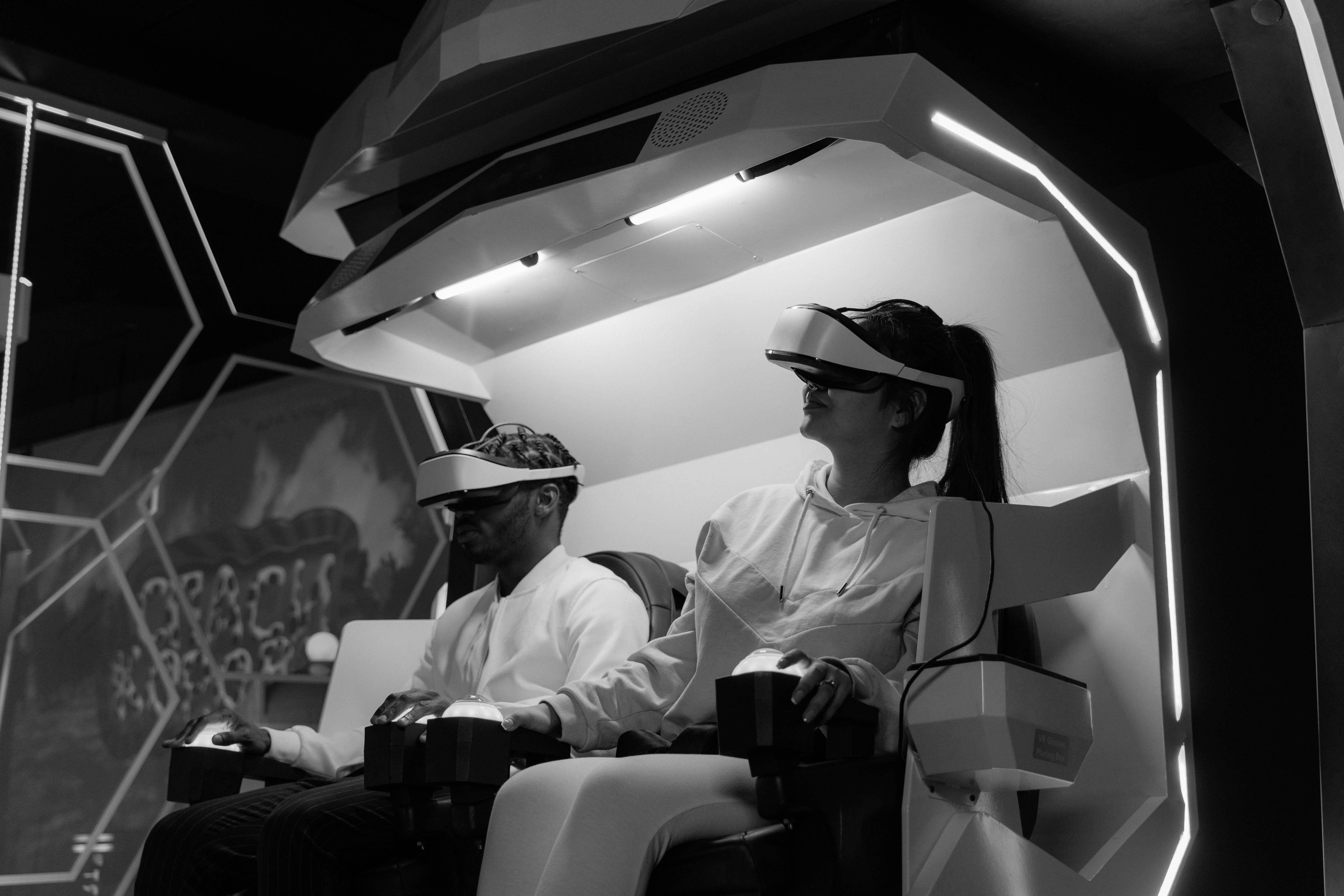Scuba Air – What diving activity lasts longer dives than any other?
One action gives you the ability to conserve air to slow down the rate at which you burn the air in your scuba tank more than any other breathing technique available.
That action is: dive more often.
The more you dive, the better diver you become, the more skills you learn, the higher your comfort level underwater, and the slower you breathe while diving.
Stating that dive frequency is the activity that most influences your rate of air consumption is my personal opinion, of course, and you may not agree, but consider what you earn diving whenever you get the chance.
As divers, we learn many different ways that we can use to slow down the rate at which we burn the air in our dive tanks, so that we can stay underwater longer and see more of the aquatic world that we enjoy.
We learn how to set up our scuba gear so that it gives us less frictional resistance as we flap through the water.
We learn to adjust our buoyancy profile so we don’t constantly fight with our depth level, which tires us out and makes us breathe harder and faster.
We hear about different breathing methods that help us conserve air for longer dives.
Instructors, dive masters and fellow divers talk about their personal air conservation styles and how the techniques they use give them so much dive time you’d think they had guts.
No breath control technique, no equipment adjustment method, gives you longer dive times until you try it, make sure it fits your personal diving style and comfort level, and then use it as often as you like. so that it automatically becomes a habit for you every time. you put on your snorkeling gear and enter the water.
You have heard that experience is the best teacher. I believe that the experience of others is the best teacher.
But you don’t really learn anything until you internalize it by putting the knowledge into personal practice, become so comfortable with it that you master the technique, and eventually make it second nature to you.
Then you keep using that technique so it stays automatic.
Any experienced diver taking a break from diving knows what I mean.
Living in the Midwest, I dive most summers in rock quarries. During the winter I rarely dive locally now. If I don’t do a blue water trip during the winter months, I won’t dive from October to March.
I always know I took that break when I did my first dive in March or April, and the air in my scuba tank only lasts 30 or 40 minutes. Sometimes I don’t do as long a dive and find that my dive times don’t get longer until I dive three or more times each spring.
I think it is mainly due to the loss of comfort from not diving during the cold months. It doesn’t take long, but to regain that level of comfort I have to practice my diving.
And that means doing more dives.
